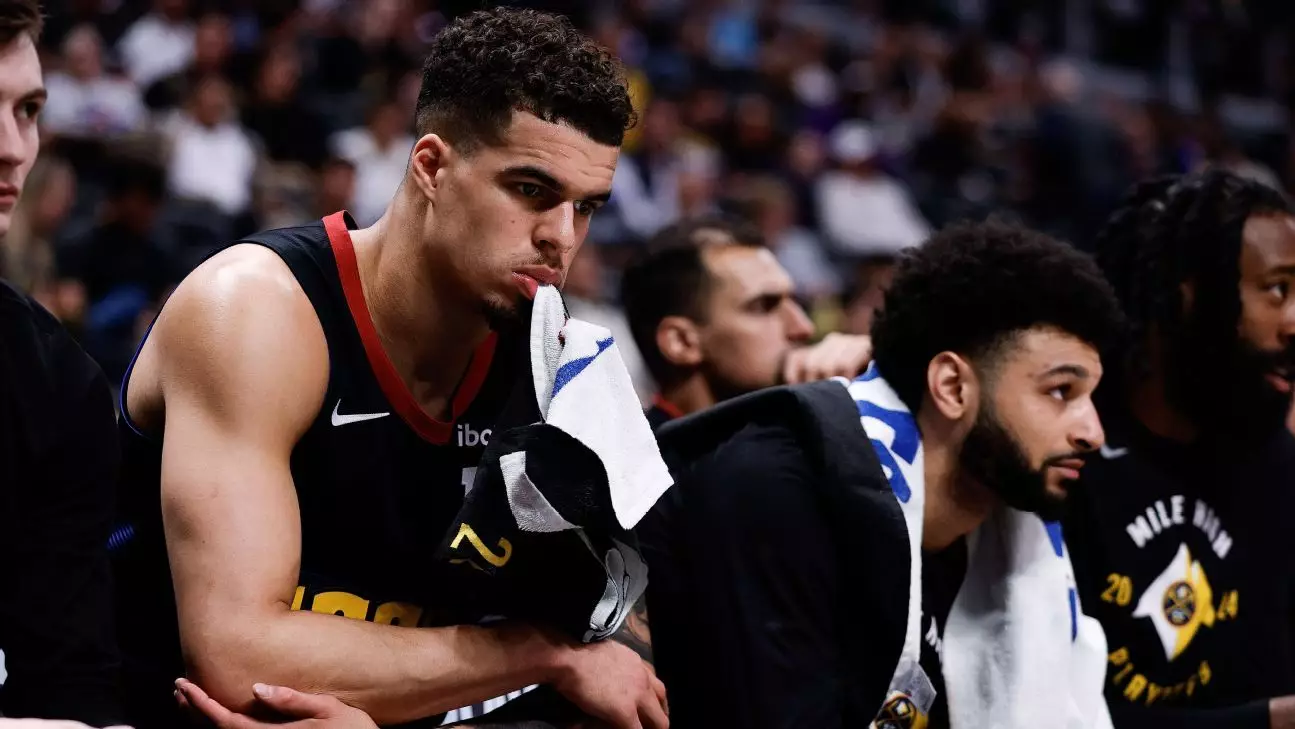In recent years, the surge of sports betting has transformed the landscape of competitive sports, arguably for the worse. The original spirit of athletic pursuit—centered on skill, determination, and fair competition—is increasingly overshadowed by the drive for monetary gain. Athletes, once revered as icons of perseverance, now find themselves entangled in a web where their performances are scrutinized not just for excellence but for potential financial incentives or manipulations. This shift raises a fundamental question: Are sports still about honoring the game, or have they become vehicles for gambling profits? Evidence suggests the latter, and the consequences are unsettling. The integrity of sport is compromised when players feel pressured—whether overtly or subtly—to alter their performance for monetary reasons. This not only diminishes the authenticity of the game but also destroys the trust fans place in it.
The Devastating Toll on Athletes and Their Communities
The personal stories emerging from the sports betting epidemic reveal a darker undercurrent. For instance, the case of Jontay Porter, who faced NBA sanctions for his involvement in a gambling scheme, underscores the corrosive impact this industry can have on players’ lives. His admission to manipulating games to benefit bettors highlights a tragic transition—from innocent participation to gambling-driven misconduct. Michael Porter Jr.’s candid remarks on the podcast illustrate a broader concern: young athletes coming from disadvantaged backgrounds are particularly vulnerable to the allure of quick money. The temptation to rig games for financial relief or to impress peers is potent and dangerous, undermining not only the integrity of the sport but also the players’ mental health and reputation. The culture of betting creates a moral quagmire where athletes are caught between maintaining their integrity and succumbing to external pressures, often with devastating personal consequences.
The Toxic Rise of Online Sports Betting and Why Restrictions Are Necessary
A significant part of the problem lies in the accessibility and reach of online sports betting platforms. As these services expand nationwide, they create an environment ripe for exploitation—particularly for bettors who become obsessive or unhinged. Porter’s stance on restricting betting to physical venues like Las Vegas reflects a desire for greater oversight and accountability. Online betting eliminates the physical proximity and emotional checks that come with traditional betting environments, making it easier for vulnerable individuals to develop harmful dependencies. Moreover, the widespread promotion of prop bets and quick money schemes fuels an ecosystem where athletes face constant threats—ranging from death threats to physical violence—simply for participating in a game. Restrictive measures, such as limiting betting to regulated venues and enforcing stricter integrity protocols, are essential to safeguard both players and the sport’s credibility.
The Urgent Need for Cultural and Regulatory Reforms
To protect the future of sports, a fundamental cultural shift is necessary. Sometimes, regulations alone are insufficient without a corresponding change in societal attitudes towards gambling. Athletes should be viewed as ambassadors of sport and integrity, not commodities in a gambling industry driven predominantly by profit. Educational initiatives that emphasize the importance of clean sport, coupled with stricter penalties for violations, must become a priority. It’s also crucial for leagues and governing bodies to collaborate on systemic reforms, including player support programs aimed at resisting gambling temptations. The core issue isn’t just about restricting betting; it’s about fostering a sports culture that values genuine competition over quick cash. Only then can the game truly be restored to its authentic roots, re-establishing trust with fans and protecting athletes from the destructive forces of an increasingly pervasive betting industry.

